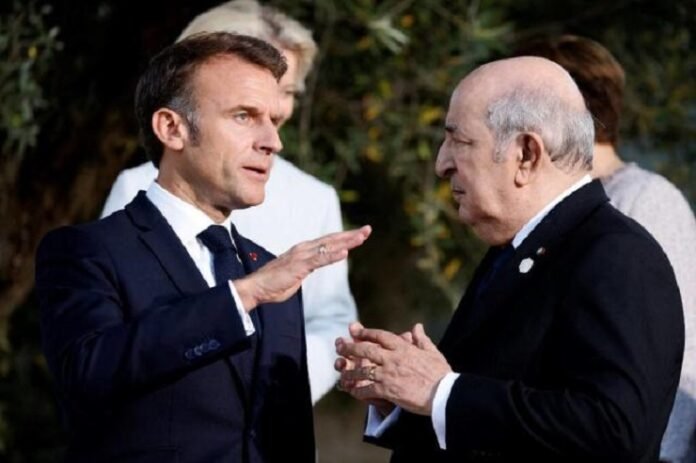Amid ongoing diplomatic tensions between Algeria and France, Algeria has ignored an official invitation to attend the 80th anniversary commemoration of the Provence landings, an event that honored Maghreb soldiers, including Algerians, who participated in defending France against Nazi Germany. Despite the official invitation from France, Algeria did not send any representatives to this event, which was attended by numerous leaders and representatives from various countries, including Moroccan Prime Minister Aziz Akhannouch.
The Algerian newspaper “El Chourouk” covered this absence, interpreting it as a sign of the escalating tensions between Algeria and France, particularly in light of recent events involving Paris’s support for Moroccan sovereignty over the Sahara. While some African countries with strained relations with France sent representatives, Algeria opted not to participate, which can be seen as a disregard for Algerian citizens who gave their lives to liberate France.

French press has noted that Algeria had previously participated in such events at high levels, making this absence particularly noticeable in the current context. For example, former Algerian President Abdelaziz Bouteflika attended the 60th anniversary of the Provence landings, and Algerian Prime Minister Abdelmalek Sellal attended the 70th anniversary.
Algeria’s absence comes amid a sharp diplomatic crisis, exacerbated by France’s announcement of support for the Moroccan autonomy proposal as a solution to the Sahara conflict, leading Algeria to recall its ambassador from Paris and downgrade diplomatic relations with France. It is worth noting that Algeria had taken a similar step in 2022 when Spain announced its support for the Moroccan proposal, but then restored relations with Madrid after a short period.
The question arises: does this move reflect further escalation in the strained relations between Algeria and France, or is it merely a temporary reaction that could be overcome with time? And can the Algerian government continue to ignore such initiatives aimed at honoring its citizens for political stances, or is there a need to reconsider diplomatic strategies?


